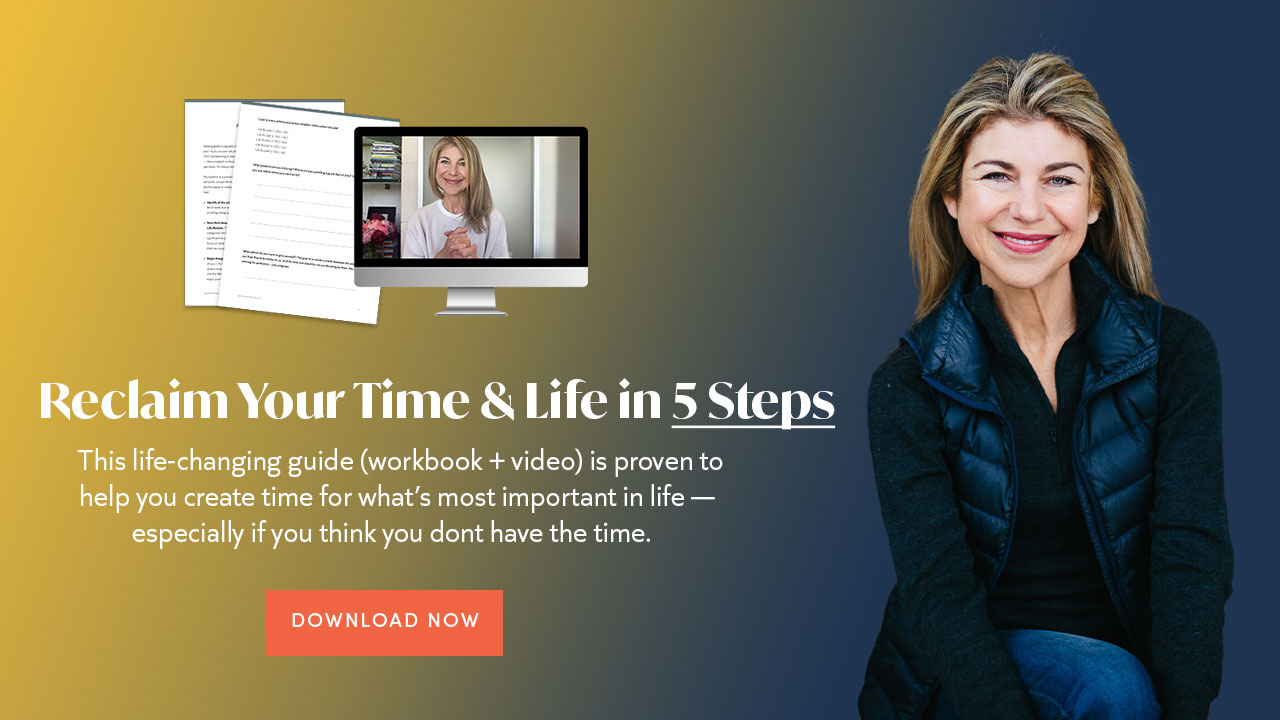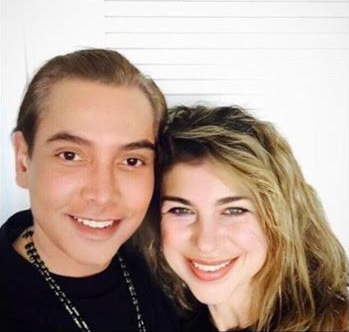As an adult, it feels silly to call one person my best friend. Many of us who have a few decades of life under our belts, have made friends in different seasons and appreciate each one of them uniquely, but may not see them as a best friend, as we might have in elementary school.
On Sept 11th of this year, I lost the privilege of seeing, hearing, and laughing with my best friend, Ahmed, the one human being who was closest to me for over 40 years. His extraordinary presence in my life has been replaced, only temporarily I hope, with another friend who follows me quietly through my days.
This friend is grief.
For someone whose vocation is built on the foundation of thought and emotional work, it’s been humbling to learn about a brand new emotion, one wholly unwanted yet so intimate. As a Life Coach, I help my clients gain the awareness and then the courage and skill to sit with their emotions without buffering through the endless number of means available to us. Over drinking, overeating, drugs, porn, and overworking are just a few ways we hold uncomfortable emotions at a distance. We are afraid that if we give in to the emotion, we will lose ourselves and not be able to find our way back to daily life and its unrelenting requirements.
This fear is, of course, understandable. But over time, our habits of buffering, as seemingly harmless as habitual scrolling of social media or as devastating as over drinking, disconnects us from ourselves, others, and life itself. So many of us experience a lack of aliveness as we move through our often very privileged lives. One reason is our habit of foreclosing on our emotional vocabulary. We only want to feel the “good” feelings and will go to any length to not feel the “bad” ones. If we are parents, we often have the same wish and goal for our children.
Those emotions we call bad, like sadness, anxiety, worry, humiliation, boredom, anger, and fear, if resisted and not acknowledged, have a nasty habit of circling back to our lives magnified and more intense than before. Keeping them at bay through buffering seems like a good idea but the cost is too high. Over time, we start to feel half hearted about every part of our lives regardless of our external circumstances. That half heartedness shows up in patterns of worry, self doubt, rumination, and guilt for not being happy given how hard we worked to achieve all the things.
So here I was, believing that I am practiced at experiencing every uncomfortable emotion. I’ve paid the tuition and am using my learnings to help others do the hard work of staying with and feeling their negative emotions. The bad news is it’s one of the most difficult practices we can engage in. However, the good news is emotions, like toddlers seeking attention, will calm down and transform once they feel seen and acknowledged. The pain of feeling our deeply uncomfortable emotions is very real, but the knowledge that we are experiencing them on their way out is comforting.
But grief…
What of this emotion that has humbled me and brought me to my knees in what feels like a never ending moment of my life?
Here’s what I’ve learned about grief so far. It’s here to stay. It promises to take less space, but it will never entirely vacate the premises of my heart. It’s the hardest emotion to experience and yet so intimate that, against any logic, I want to hold on to it. It honors life itself by acknowledging that no matter what our beliefs about an afterlife, today, here and now, we no longer have the privilege of sharing a laugh, making a memory, and holding hands with this particular and dear human. Grief will not be contained by our calendar and to do list. It wants to come when it wants to come, and it doesn’t care if the timing is not right. Grief is demanding. It needs space, time and nourishment. This is an emotion that requests its needs be met, and if we don’t comply, it only gets larger and more commanding. Only a week into this new dance with an emotion I have never experienced on this scale, I can tell that grief is not to be discounted, diminished, or ignored.
As an introvert, my first tendency was to deal with grief in solitude. I did not know the dimensions of it and thought I can apply the same rules that I use and teach for navigating all other difficult emotions. I planned to give it some time, space, and compassion. But within the shortest period of time, it became abundantly clear that grief requires something much larger; proof of connection. It wants to know that I’m willing to acknowledge and do something about the very thing I’m mourning; the irrevocable loss of the other. Grief wants a show of appreciation for those who are still with us.
I’m privileged that most of my clients are also dear friends. Sometimes they start as friends and also become a client, and other times, they are strangers that reach out and once we start the work of coaching, over time they become very dear to me. Making friends with grief, such that it will soften around the edges of my life, rather than be the demanding and needy guest it has been in the week since Ahmed’s death, has been a group effort with my friends, family and clients.
I couldn’t have done it without dear and brave Neveen calling me in the last moments of Ahmed’s life and holding the phone to his ear, so I could say, “Goodbye for now, my beautiful friend”. I couldn’t have done it without my daughter flying in from Michigan to hold me close and through her Millennial point of view convince me that honoring Ahmed on my social media is not “unprofessional” – an action that led to so many friends sharing their heartfelt condolences and experiences of grief with me. And what about Rachel, my dear friend and client who bombarded me with every kind of nourishment, knowing, when I myself did not, that grief demands spiritual, communal, and also physical nourishment.
I don’t know when I will stop crying unexpectedly, or no longer feel the kind of exhaustion that comes like a wave; the kind no amount of sleep can remedy. But I know one thing for sure. Grief is cracking open my heart and making it generous in ways I did not think possible. I never wanted to receive these gifts, but I sense that the only way I can truly honor the life of my extraordinary best friend is to graciously and lovingly take what is offered to me at this moment. The gifts of compassion, community, connection, and love.



